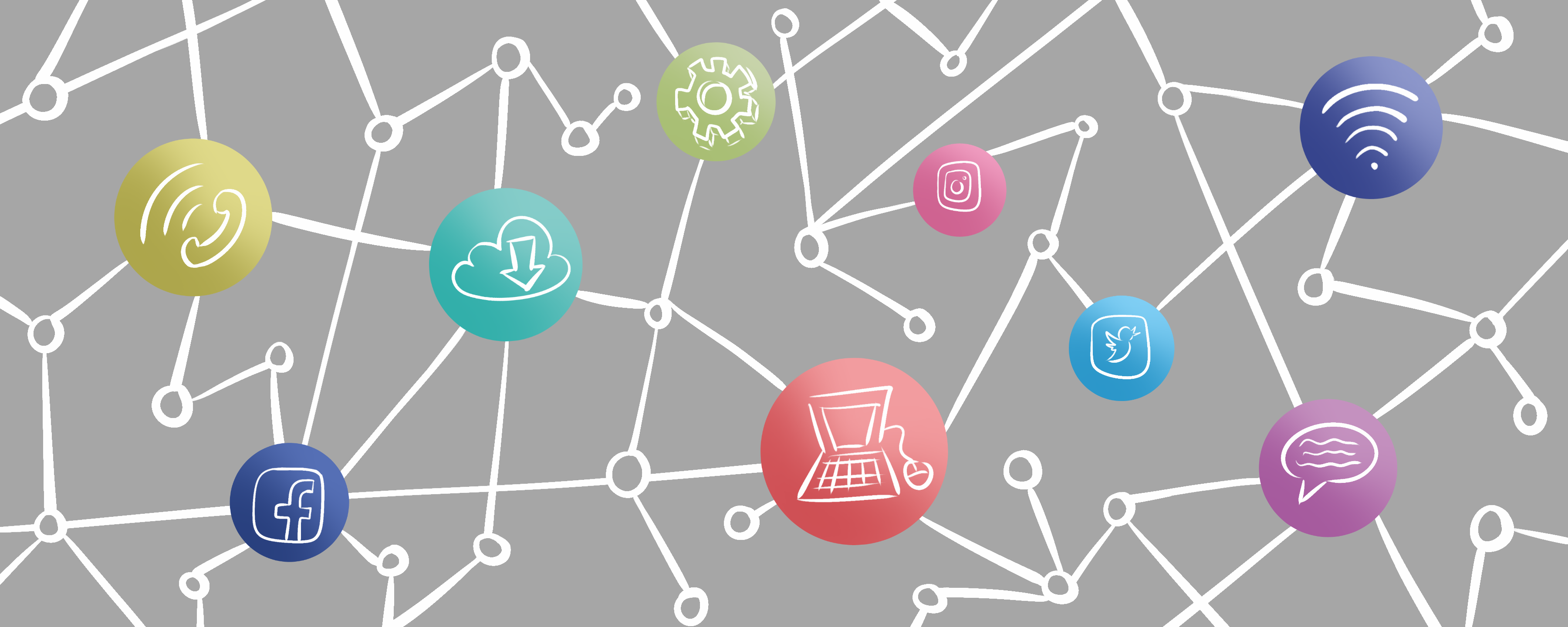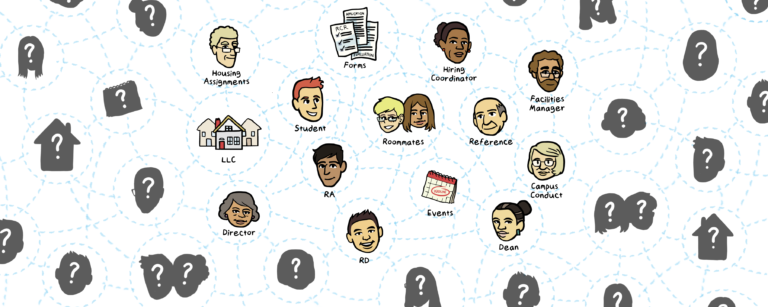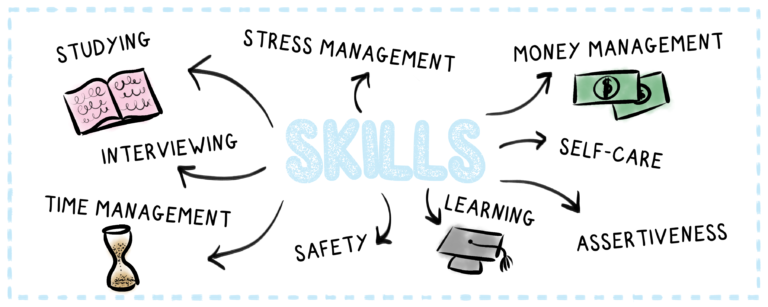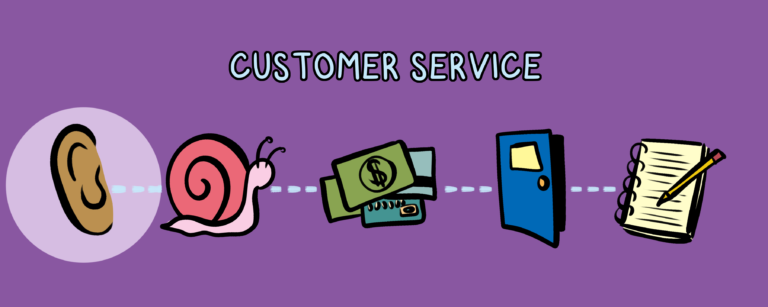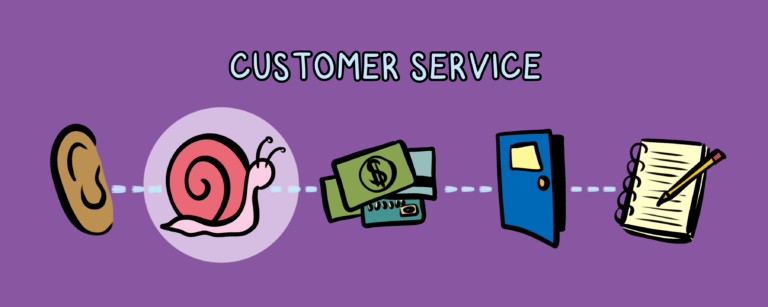Oh, hey! Welcome to the community.
In my first year as a Hall Director, I didn’t have a home computer. I had moved from an off-campus apartment to my live-in accommodation and decided it was time for my very slow computer to retire. I decided I didn’t need to buy a new computer right away. Additionally, smart phones were very rare. I was walking around with my Motorolo flip phone and had no access to email. In essence, when I left on Friday afternoon, I was unplugged for the weekend.
Can you imagine this now? Today, I can’t even leave for the weekend without taking my smart phone and my iPad. Sound familiar? The New York Post reported last year that average American checks their phone 80 times daily, and the average person struggles to go longer than 10 minutes without checking their phone. Even more alarming, 31 percent feel regular anxiety at any point when separated from their phone, and 60 percent reported experiencing occasional stress when their phone is off or out of reach.
I didn’t love working in management when I started in Residence Life. And while I lived where I worked, the lack of ability to check in every hour gave me some balance in my life. I told my staff that if they wanted to reach me, they could call or text at any time, but if it could wait until Monday, an email was great. It wasn’t a conscious choice, but the lack of availability of email access at home did provide some forced balance.
It’s hard to move backwards, and we don’t want to. We rely on accessibility and access, and all of us expect a timely response when we send an email, text, or DM. It’s important to take some time and reflect upon what you need to disconnect: to be able to stop thinking about work for a couple hours or days. What works for you may not work for your colleague or partner. You need to customize it so you get what you need.
Reflect upon the following:
- Does having unread emails cause you stress?
- Do you have a strategy for filling emails that you’ve read, but not answered?
- Have you established boundaries with your staff for communicating outside of business hours?
- Have you discussed expectations for email response with your supervisor?
- Do you set an “Out of Office” response that you stay true to? (If you say you’re not checking emails, do you check anyway and respond?)
- Do you push emails on your phone more than once an hour?
- Do you receive DMs from students and staff on social media?
- Do you let students contact you on social media?
- Can you go an hour without looking at your phone?
I encourage you to consciously think about the impact of your connectivity on your self-care. You can’t avoid email or electronic communication but you can think about what you need to establish balance in your life. Think about a way to carve out some tech-free time to allow for a real break from the stress of work and share your strategy with others. Clear expectations and defined boundaries seem to be the key to successful disengagement from email.
Thanks for being part of our community. We’re glad you’re here.
